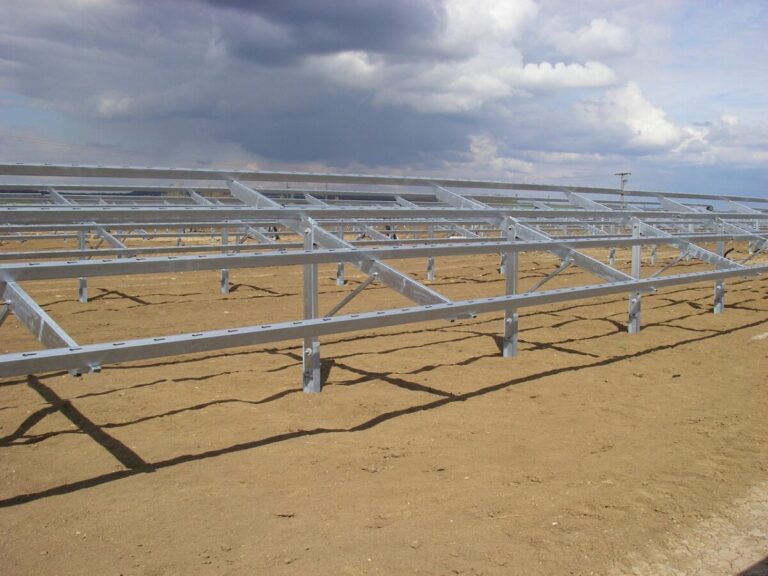The Hellenic Association of Photovoltaic Energy Producers (Spef) is urging the Greek government to stop issuing new grid connection permits for renewable energy systems to tackle the escalating power curtailment problem in the country.
Greek trade association Spef has asked the national government to halt new permits for large-scale PV installations to curb the increasing clampdown.
This is what a spokesperson for Spef says pv magazine that Greece curtailed around 500 GWh of solar energy from January to August, compared to 224 GWh of curtailed energy in 2023.
Energy storage is a potential solution to Greece’s electricity constraint problem. The government held a public consultation from August 29 to September 12 to explore ways to expand energy storage beyond the existing 1GW auction program for standalone batteries.
Greece’s National Energy and Climate Plan (NECP) targets 4.3 GW of battery storage and 1.7 GW of pumped hydro storage by 2030, following a public consultation that concluded this week.
However, Spef doubts that energy storage alone will solve the power limitation problem. In a recent letter to the Ministry of Environment and Energy, Spef attributed the problem to low energy demand and a sharp increase in the number of permits for renewable power plants since 2020.
Spef also said expanding network lines and storage won’t help unless demand increases. While electricity grids can transport energy between regions and storage can shift the energy consumption profile, both solutions fall short without increased demand.
Spef has argued that international interconnections will not solve Greece’s low electricity demand and increasing power constraints. Neighboring countries in Europe often struggle with an oversupply of solar energy and low wholesale electricity prices, just like Greece.
Spef also said that the planned interconnections with North Africa and the Middle East are primarily intended for energy imports, with no guarantee of exports.
The Greek government’s recent public consultation on the updated NECP proposes adding 10 GW of new onshore solar and wind energy by 2030. By May, Greece had already installed 12.5 GW of capacity.
However, Spef said it doubts that cumulative PV and onshore wind capacity can be limited to 22.5 GW by 2030, as the NECP suggests. Spef has told the Ministry of Environment and Energy that 15 GW of new renewable projects have already received grid connection permits, while a further 45 GW are awaiting approval. Another 100 GW of projects are in an earlier phase of the permitting process.
Spef estimates that Greece will reach 11 GW of installed PV capacity by the end of 2024, up from 7 GW by the end of 2023, with 13 GW in 2026 and 19 GW in 2030. The association said that 19 GW of PV capacity in 2030 is likely to be affected with a significant reduction in energy supply.
Spef has forecast annual renewable energy curtailments through 2030 based on its own installation estimates, compared to NECP targets. Spef predicts that renewable energy will be reduced by 25% by 2030, while the NECP expects only 5%.
According to Spef, the 25% estimate assumes that all installed green capacity can be stored. This estimate only applies to renewable plants larger than 400 kW connected to the grid after July 2019, as older plants take priority under national and EU law.
Spef has warned that the clampdown could escalate by 2030 and has called on the government to stop issuing new grid connection permits and reduce investor interest in PV technology.
This content is copyrighted and may not be reused. If you would like to collaborate with us and reuse some of our content, please contact: editors@pv-magazine.com.


